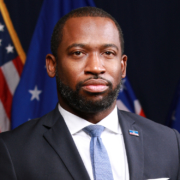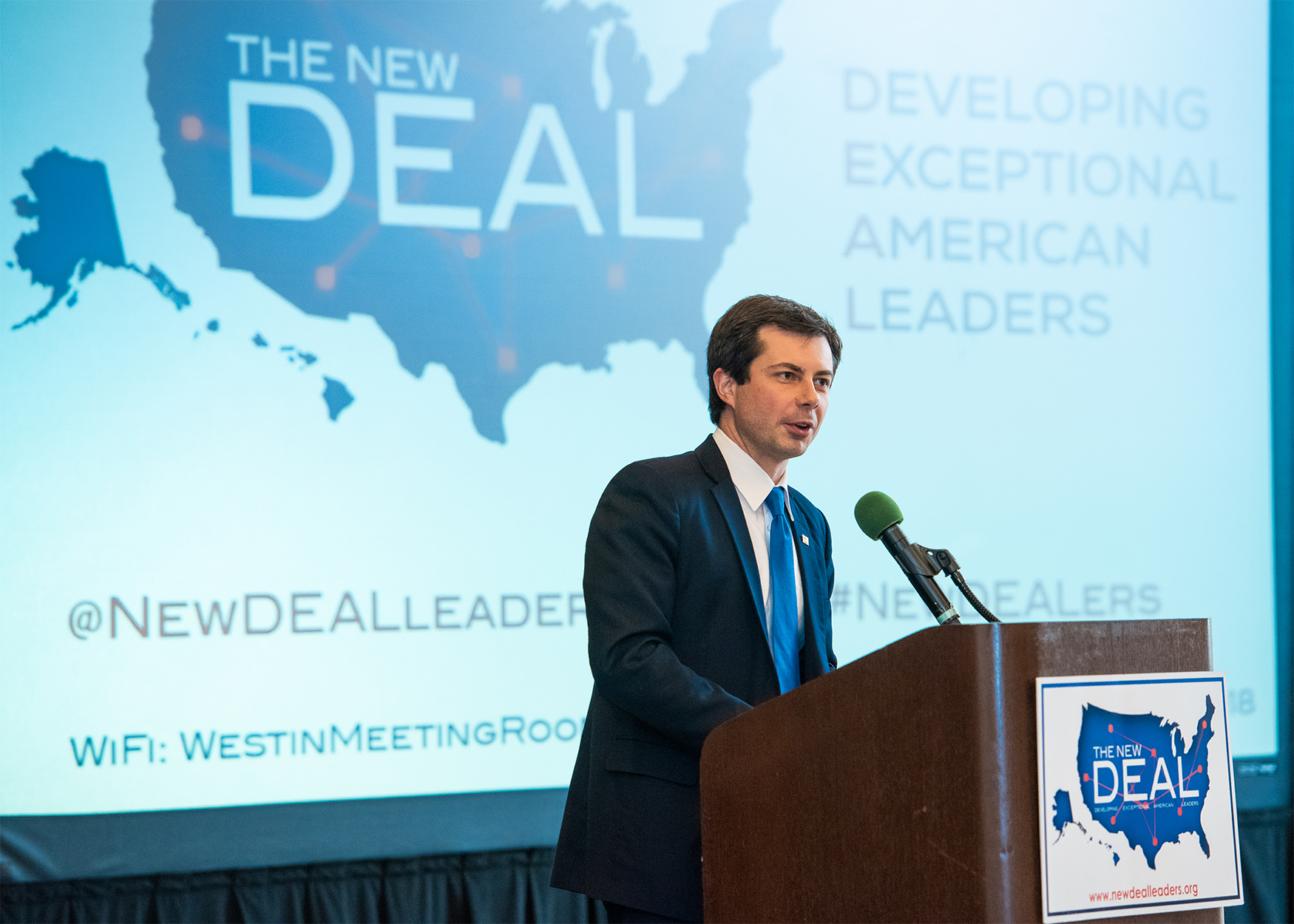ARP: Stabilizing Child Care in Vermont
Child care providers in Vermont cheered the announcement of $33.7 million from the American Rescue Plan to support their sector. Child care centers are “hanging on by their fingernails,” Sarah Kenney, chief policy officer at Let’s Grow Kids, a Vermont-based advocacy group, told the VTDigger in October 2021.
As of October 2021, roughly five percent of child care centers in the state had closed since the beginning of the pandemic, according to data from the state’s Department of Children and Families. The number of regulated centers dropped to 1,125 from the pre-pandemic level of 1,181.
In October 2021, Vermont announced $29.3 million for Child Care Stabilization Grants, funded by ARP in addition to the state and local recovery funds program. Eligible child care centers in Vermont could apply for the grants to help with a wide variety of costs to help them stay open. The grants provide an opportunity for child care centers to cover a wide range of costs, including rent, PPE, other equipment to respond to the pandemic, mental health support for families and employees, and personnel costs.
As of February 2022, 942 child care programs, or nearly 80 percent of eligible programs, had applied for stabilization grant funding according to Let Kids Grow.
The funding from the rescue plan came on top of investments the state had already made in the child care sector, including an increase of $5.5 million for the state’s Child Care Financial Assistance Program and an additional $4.5 million for required IT upgrades. At last November’s NewDEAL Leaders Conference, Lieutenant Governor Molly Gray called out the imbalance in the current system as child care costs Vermont families more than $20,000 a year even as the child care workforce earns near-poverty wages, and emphasized the importance of additional child care investments for Vermont to prosper.










